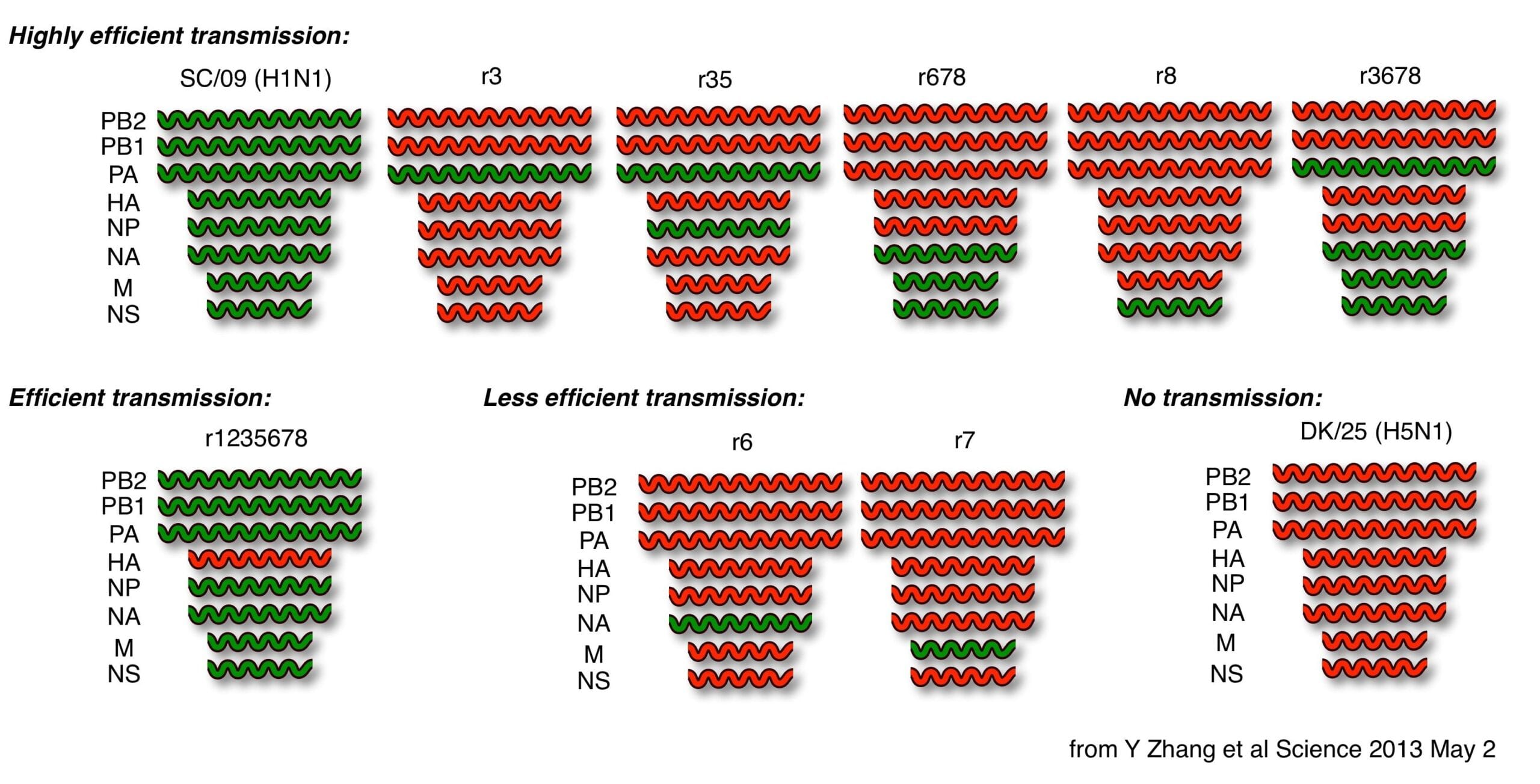In a significant public health announcement, the U.S. Surgeon General has underscored the alarming link between alcohol consumption and cancer, stating that even small amounts of alcohol can contribute to an increased risk of developing various types of cancer. This advisory has prompted calls for alcohol bottles to carry warning labels, similar to those found on tobacco products. The Surgeon General’s statement aims to educate the public about the potential dangers associated with alcohol consumption and to encourage healthier lifestyle choices.
The advisory highlights that alcohol is a known carcinogen, meaning it can cause cancer in humans. Research indicates that there is no safe level of alcohol consumption when it comes to cancer risk. The Surgeon General specifically pointed to evidence linking alcohol to several types of cancer, including breast, liver, and colorectal cancers. The risk is particularly concerning for women, as even moderate drinking has been associated with an increased chance of developing breast cancer.
In recent years, public health officials have become increasingly aware of the health risks associated with alcohol consumption. While many individuals may view moderate drinking as harmless or even beneficial, the Surgeon General’s advisory serves as a reminder that the cumulative effects of alcohol can pose serious health risks over time. The advisory also emphasizes that the relationship between alcohol and cancer is dose-dependent, meaning that the more alcohol one consumes, the higher the risk of developing cancer becomes.
The recommendation for warning labels on alcohol products is intended to provide consumers with essential information about the potential risks associated with their choices. Just as cigarette packages are required to carry warnings about the dangers of smoking, the Surgeon General advocates for similar measures to be implemented for alcoholic beverages. These labels would serve as a constant reminder to consumers about the health risks they may face, encouraging them to consider their drinking habits more carefully.
In addition to the call for warning labels, the advisory also stresses the importance of public education regarding the risks of alcohol consumption. Many individuals are unaware of the strong connection between alcohol and cancer, and this lack of knowledge can lead to complacency regarding drinking habits. By increasing awareness and understanding, public health officials hope to reduce the prevalence of alcohol-related cancers and promote healthier choices among the population.
The advisory comes at a time when alcohol consumption patterns are changing across the United States. While some individuals continue to drink heavily, there is a growing trend towards moderation or abstinence from alcohol altogether. This shift is partly driven by an increasing awareness of health and wellness, as well as a desire to avoid the negative consequences associated with excessive drinking. However, the Surgeon General’s advisory serves as a reminder that even small amounts of alcohol can carry risks that should not be overlooked.
Health professionals and advocacy groups have expressed support for the Surgeon General’s recommendations. They argue that clear labeling and public education are essential components of a comprehensive approach to reducing alcohol-related health risks. By providing individuals with the information they need to make informed choices, it is hoped that more people will consider the potential consequences of their drinking habits.
In conclusion, the U.S. Surgeon General’s advisory regarding the cancer risks associated with alcohol consumption is a crucial step in raising awareness about this important public health issue. By advocating for warning labels on alcoholic beverages and emphasizing the need for public education, the Surgeon General aims to empower individuals to make informed decisions about their health. As the connection between alcohol and cancer becomes increasingly clear, it is vital for consumers to understand the risks associated with their choices and to consider the potential long-term consequences of alcohol consumption.


